It’s no secret that the logistics market is booming. Supply was already struggling to keep up with demand before the pandemic. The acceleration of trends like the move to online retail and the need for bolstering supply chains during the pandemic has led to an even greater appetite for quality warehouse space.

It may be tempting to think that any available space is being snapped up and investors are making hay, regardless of other factors, but this doesn’t take into account the more nuanced picture. Despite these difficult supply-and-demand dynamics, one factor remains a dealbreaker for leading tenants across the board – ESG.
Warehouse operators and particularly logistics companies are more focused on the ESG credentials of the buildings they occupy than ever before. This concern spans everything from carbon emissions and renewable energy to giving back to and supporting the local community. As is well known, the built environment accounts for around 40% of the UK’s total carbon footprint and the industry is determined to do its part to tackle the climate crisis.
Investors would be wise not to get complacent about these factors amid a booming market and instead to work with occupiers to boost ESG.
Top of the priority list for most tenants is renewable energy. The majority of developments have renewable power sources, such as solar panels, on site. Logistics assets lend themselves well to this, given the otherwise under-utilised roof space. Other options are air and ground source heat pumps, which use the natural ambient temperature or ground to heat and cool the building.
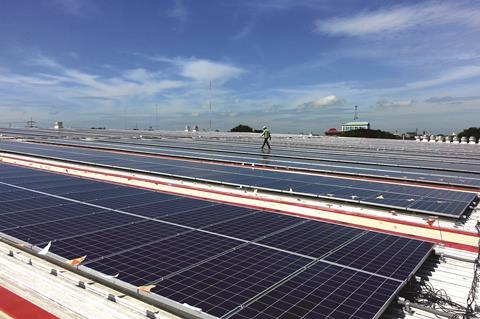
Retrofitting solar panels on older assets has become more common and is becoming a must-have for tenants in warehouses of all ages.
Electric vehicle charging is also increasingly important. Many logistics companies have integrated electric vehicles into their commercial fleets, meaning landlords must adapt to these new industry norms or be left behind.
These features have other benefits, such as cost efficiencies. With energy costs rising and fuel shortages hitting the industry, onsite renewable energy and electric charging points can be critical to profitability. The transition to green energy sources should therefore be a no-brainer.
Looking beyond sustainability, social factors are important, too. Logistics is a labour-intensive business, and access to labour is hugely important for occupiers. Location is therefore critical for all tenants. But many are increasingly looking to provide employment in towns that really need it. It is also important that landlords and occupiers work together to give back to local communities, including through apprenticeship schemes.
The other factor is the push to pay a living wage and avoid putting workers on zero-hours contracts.
All parties are moving in the right direction, with a desire to make buildings greener and their impact on local communities more positive. The outlook for logistics remains rosy. But investors would be wise to note the importance of the sustainability agenda to occupiers.
Dominic Moore is head of ESG at Clearbell





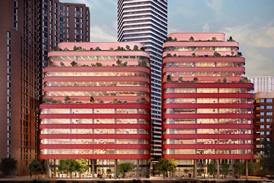
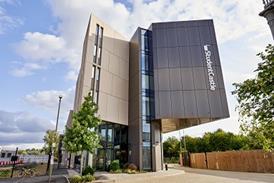
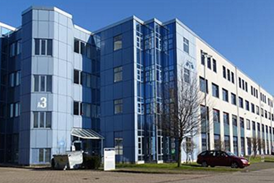
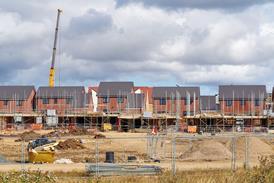

















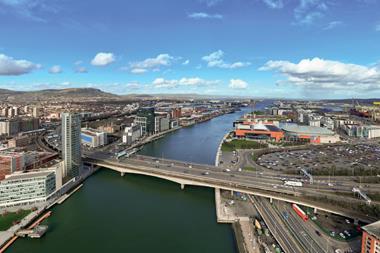
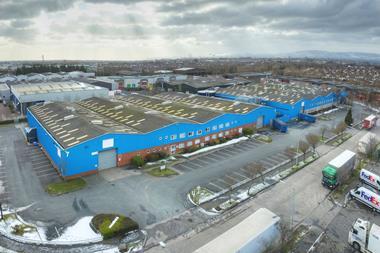
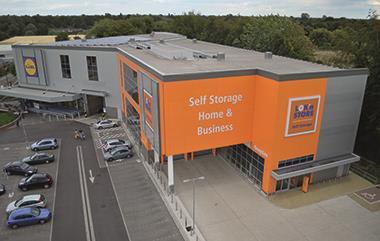

No comments yet